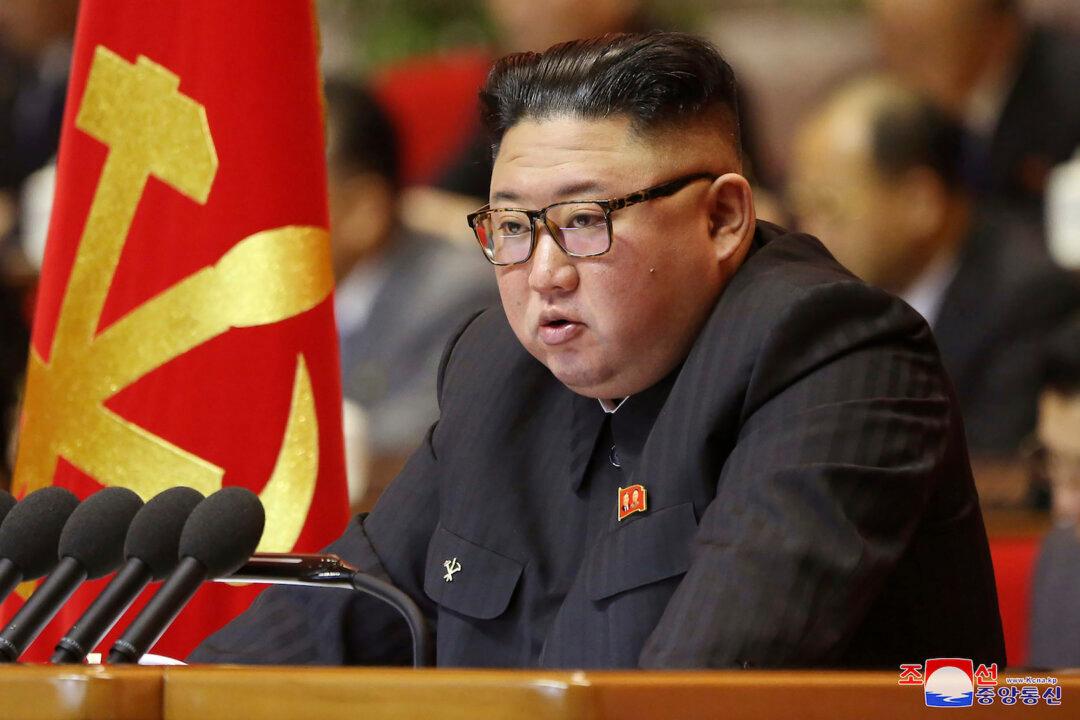North Korean leader Kim Jong-un demanded “absolute loyalty and allegiance” from the military force and vowed to bolster the country’s defense capabilities in response to the “destabilizing situation” on the Korean Peninsula.
Kim was speaking at the Workers’ Party’s five-day plenary meeting on Friday, which coincided with his tenth year anniversary of ruling since his father’s death in 2011.





